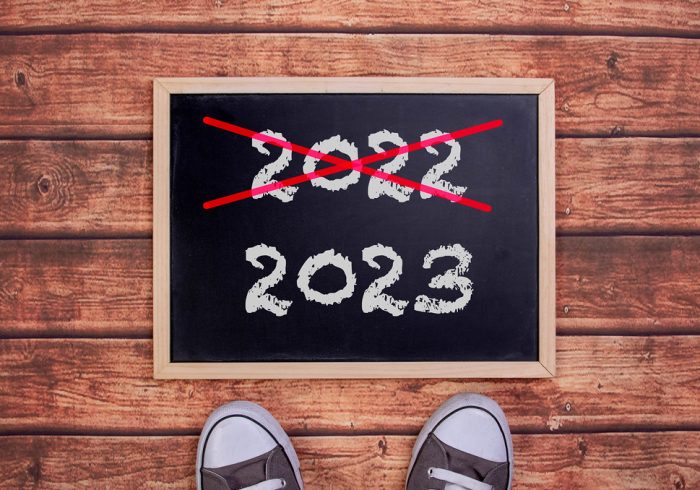The state of Texas is currently in the midst of a heated debate over the legalization of casino gambling and sports betting. The issue has been a contentious one for years, with proponents arguing that it would bring much-needed revenue to the state, while opponents claim that it would lead to increased crime and addiction.
After months of debate and discussion, a full house vote has been scheduled for the two measures. The first measure would allow for the construction of up to 12 casinos across the state, while the second would legalize sports betting at those casinos and at horse racing tracks.
Proponents of the measures argue that they would bring in billions of dollars in revenue for the state, which could be used to fund education, infrastructure, and other important programs. They also point to the fact that neighboring states like Oklahoma and Louisiana have already legalized casino gambling, meaning that Texans are already spending their money at out-of-state casinos.
Opponents, on the other hand, argue that the social costs of gambling far outweigh any potential economic benefits. They point to studies that show that gambling addiction rates are higher in states with legalized gambling, and that casinos often attract criminal activity.
Despite these concerns, many lawmakers in Texas believe that it is time for the state to join the ranks of those that have already legalized gambling. They argue that Texans are already gambling, whether it be at out-of-state casinos or through illegal channels, and that it is better to regulate and tax the industry than to allow it to continue unchecked.
The full house vote is expected to be a close one, with both sides lobbying hard for support. If the measures are ultimately passed, it will be a significant victory for proponents of gambling legalization in Texas. However, it will also mark a major shift in the state’s cultural and political landscape, and will likely continue to be a divisive issue for years to come.



